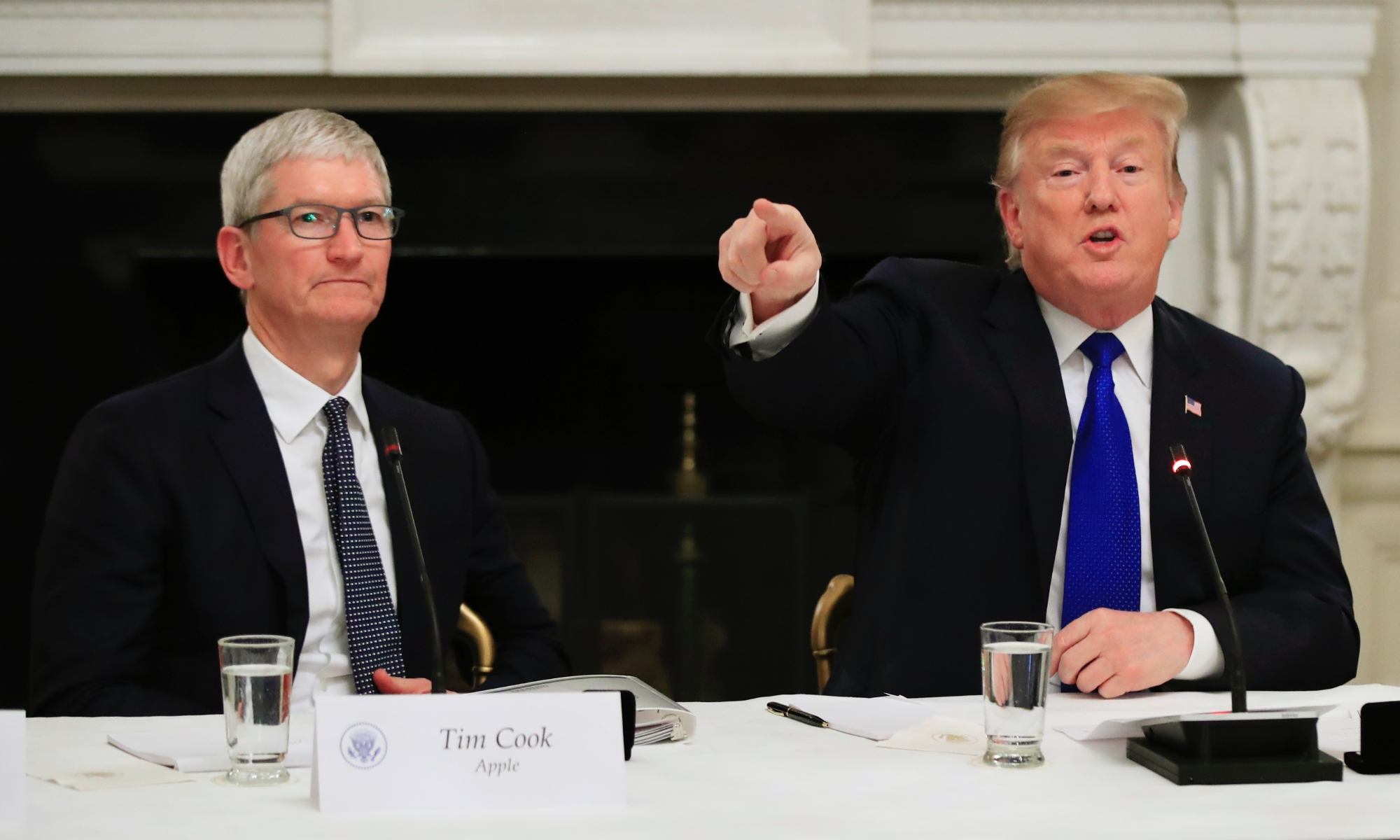Apple and Trump Administration Push Back Against EU Fine
 Manuel Balce Ceneta / Associated Press
Manuel Balce Ceneta / Associated Press
Toggle Dark Mode
While many considered the €500 million fine the European Commission levied on Apple this week a token penalty, neither Apple nor the Trump White House are taking it lying down. Apple plans to appeal the decision, while the Trump administration declared it “a novel form of economic extortion.”
By many accounts, Apple got off with a slap on the wrist specifically because European officials were nervous about offending the US President in light of his fondness for retaliatory tariffs.
After all, the EU’s Digital Markets Act provides maximum penalties for non-compliance that many would consider ridiculous: first offenders can face fines of up to 10% of a company’s global revenue in the preceding financial year. In Apple’s case, that was $391.04 billion, which means the EC could have levied a penalty of up to $39 billion.
Instead, the €500 million fine it settled on amounts to around $570 million USD. To put that in context, Apple reported $93.736 billion in profits in fiscal 2024, but that number was hampered by a one-time payment of around €13 billion in Irish back taxes. Without that, the company would have easily broken $100 billion, which makes the EU’s fine about 0.5% of its annual profits. It’s a token gesture, for sure.
Still, for Apple and the White House, the principle of the matter matters more than the size of the fine. European officials may have hoped the fine would be small enough to fly under the White House’s radar, but sadly, it was still enough to raise President Trump’s hackles.
In a statement to Reuters, the White House responded to the European fines this morning by calling them a “novel form of economic extortion” and declared the Digital Markets Act (DMA), the legislation under which the penalties were levied, discriminatory in the way in which it specifically targets American companies:
This novel form of economic extortion will not be tolerated by the United States. Extraterritorial regulations that specifically target and undermine American companies, stifle innovation, and enable censorship will be recognized as barriers to trade and a direct threat to free civil society.
Apple also issued its own statement to Reuters:
Today’s announcements are yet another example of the European Commission unfairly targeting Apple in a series of decisions that are bad for the privacy and security of our users, bad for products, and force us to give away our technology for free.
While these latest sanctions fall well short of the $2 billion fine the EU levied last year in the Spotify case, that penalty was issued under the EU’s previous antitrust head, Margarethe Vestager, who often seemed to have it in for Apple. The European Commission has had a change in its executive since then, with Teresa Ribera replacing Vestager in rebranded positions of First Executive Vice-President for Clean, Just and Competitive Transition and the European Commissioner for Competitiveness. However, sources also told Reuters that the penalty was softer “due to the short period of the breaches, a focus on compliance rather than sanctions, and a desire to avoid possible retaliation from Trump.”
It’s unclear what the White House’s next steps will be beyond this strongly-worded statement, but based on the Trump administration’s track record, we can expect escalating trade tensions between the US and the EU.
For its part, Apple has stated that it plans to challenge the ruling through the normal appeals process. In a statement to 9to5Mac, a company spokesperson said Apple has already “made dozens of changes to comply with this law,” but accused the Commission of continuing to “move the goal posts every step of the way.” The company has stated that it will appeal the decision and “continue engaging with the Commission in service of our European customers.”







